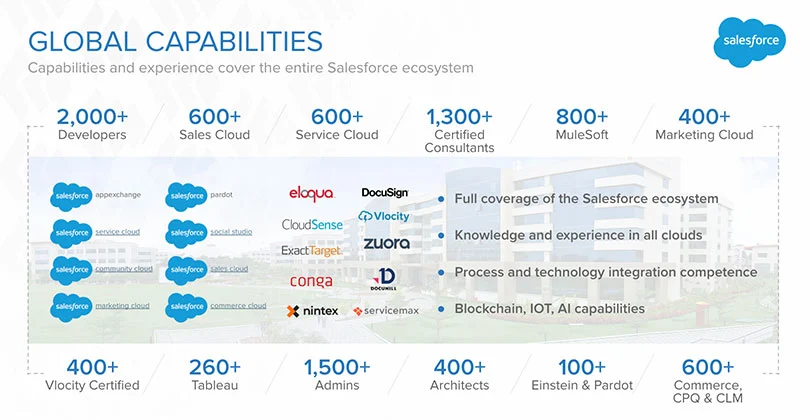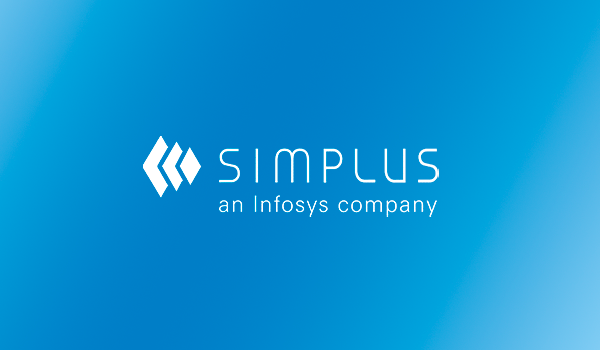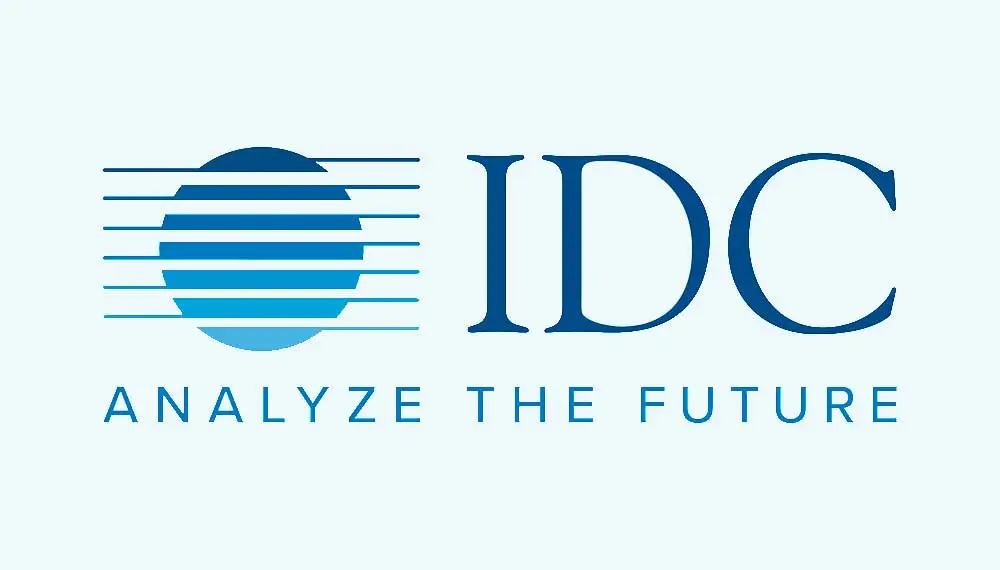The cost of non-compliance and poor management of regulatory conditions in financial services is too high to be nonchalant about: banks alone have spent at least $321 billion on settlements, enforcement actions and fines since 2008. Mistakes and violations can cost individuals anywhere from $500 for certain negligence acts up to $1 million for breaking due diligence requirements, and everything in between. And just to seal the deal on everything you need to be worried about, a survey of asset manager, broker, and bank senior staffs estimates that regulatory costs will at least double over the next five years.
To combat the rising tide of compliance, regulations, and highly complex processes financial services providers need to maintain, it’s more important than ever that these organizations fully utilize the features of Salesforce in this effort. Using Shield, Einstein, and a better use of the built-in automation of Salesforce, financial services organizations can protect themselves from the penalties, fines, and high costs of just clinging to the old status quo.
Shield
Financial services is a highly regulated industry. In addition to the responsibility all companies have to customers and partners, there are multiple regulatory agencies they have to answer to as well. Each of these entities expects companies to be accountable, trustworthy, know their customers, and fully document how they meet every last rule. By having a system with safeguards already in place, you can stay more compliant more confidently. One important piece of this compliance strategy is Salesforce Shield, a feature of Salesforce that uses data encryption and event monitoring. Shield makes it possible to protect every field of data, ensuring that only the right person with the right credentials can see the information. You can also see who is accessing what information with dynamic data visualization and audit trails.
Einstein
Einstein is Salesforce’s AI and analytics program—it’s all about data and analysis for your business. The Einstein platform can take the secure protected data behind your organization and turn it into recommendations about what your reps, customers, etc. might need next. However, with these predictive analytics, it’s also not going to recommend something that will violate your responsibilities, obligations, or promises. It’s integrated with the other features and customizations within Salesforce to safeguard information and maintain compliance while still empowering your organization with forecasting, insights, and more.
Automation
In the world of financial services, processes and procedures are omnipresent. Whether it be for onboarding, deposits and withdrawals, distributions, terminations, etc. there is a protocol and a process for everything. Financial services entities need a solid system in place to manage and automate wherever possible these many processes. Otherwise, your organization will spend precious time jumping from system to system just to try and get one necessary compliance report out the door. With Salesforce automation optimized and tailored for your needs, however, you can work more efficiently and get necessary documentation ready within minutes. And you can trust that any documentation is reliable and accurate thanks to the automated processes behind it all.
Even if you’re confident in the system your organization has in place to prevent non-compliance incidents and avoid racking up fines, you can never be too sure. With 29% of firms lacking both the technology infrastructure and resources to meet compliance needs and 73% of compliance managers admitting they’re not aware of non-compliance penalties of up to $5 million, it’s safest for you and your organization as a whole to take action now.
By implementing Salesforce with a skilled partner like Simplus who can optimize the platform for your regulatory needs and concerns, you can bypass all the worry and stay protected.






















































0 Comments